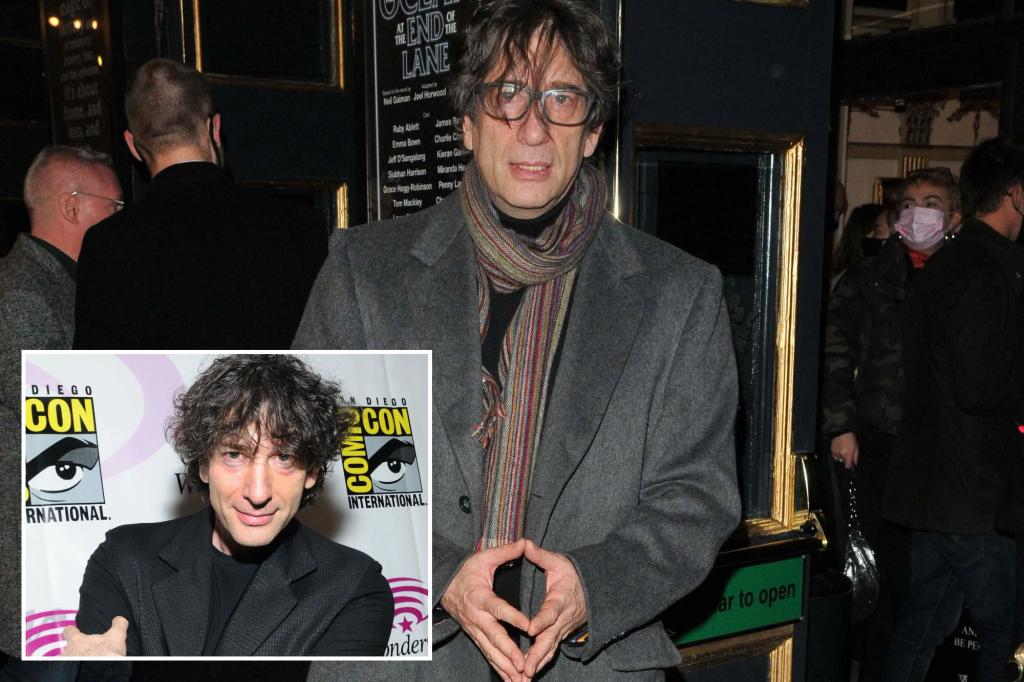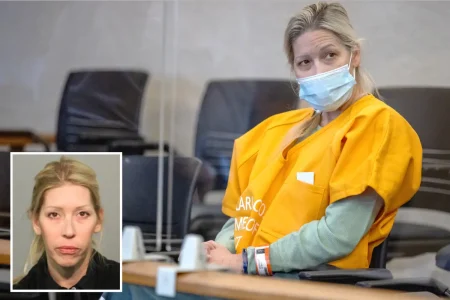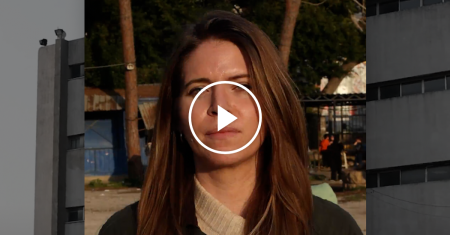The acclaimed British author Neil Gaiman finds himself embroiled in a growing controversy as multiple allegations of sexual assault, harassment, and abuse surface, leading to significant repercussions in his professional life. The accusations, initially brought to light in a Tortoise Media podcast last summer, gained momentum with a detailed exposé published by New York Magazine in January. This article featured accounts from eight women who allege experiences ranging from assault and coercion to abusive behavior. Gaiman has vehemently denied these allegations, stating in a blog post that he does not accept the accusations of abuse and that he is engaged in a process of reflection and learning. However, the fallout from these accusations continues to impact his career across various platforms.
Dark Horse Comics, a longtime publisher of Gaiman’s graphic novels, has severed ties with the author. The company announced on X (formerly Twitter) that it would no longer publish Gaiman’s works, specifically halting the release of the illustrated series based on his novel “Anansi Boys,” despite having already published seven of the planned eight editions. While Dark Horse acknowledged the seriousness of the allegations against Gaiman, its website still features his books, indicating a potentially complex disentanglement from their previous collaboration. This decision by Dark Horse marks a significant blow to Gaiman’s presence in the comic book world.
Gaiman’s relationship with his literary representation and publishing houses has also come under scrutiny. While his website still lists the Stephen Barclay Agency as a contact for personal appearances, Gaiman’s name is conspicuously absent from the agency’s client roster. This discrepancy suggests a potential distancing by the agency, although neither Barclay nor Gaiman’s office has offered official comment on the matter. The publishing landscape, too, reflects the impact of the allegations. Two prominent publishers, HarperCollins and W.W. Norton, have stated they have no current plans to release future works by Gaiman. Other publishers, including Bloomsbury, have remained silent, declining to comment on their ongoing relationships with the author. This uncertainty surrounding his publishing future highlights the precarious position Gaiman currently occupies within the literary world.
The controversy surrounding Gaiman has extended to his work in film and television. Disney, which had been developing an adaptation of Gaiman’s critically acclaimed novel “The Graveyard Book,” has paused the project. This decision underscores the studio’s cautious approach in navigating the sensitive situation surrounding the author. In contrast, Netflix, which streams the popular series “The Sandman” based on Gaiman’s comic book series of the same name, is currently proceeding with its plans to release a second season. This divergent approach by Disney and Netflix reflects the complex and often nuanced decisions faced by media companies when dealing with allegations against prominent figures associated with their projects.
Adding another layer to the unfolding narrative, one of Gaiman’s publishers has reportedly dropped him in light of the allegations. This undisclosed publisher represents yet another professional partnership impacted by the accusations against Gaiman. The loss of a publishing house, coupled with the uncertainty surrounding other publishers and his literary agency, paints a picture of an author facing significant professional challenges. The accumulating impact of these severed ties across publishing, comics, and film adaptations points to a potentially transformative moment in Gaiman’s career.
The complex and evolving situation surrounding Neil Gaiman underscores the profound impact that allegations of sexual misconduct can have on an individual’s professional and public life. The responses from publishers, agencies, and studios illustrate the varied approaches taken by organizations as they grapple with the ethical and commercial implications of such accusations. While Gaiman maintains his innocence, the tangible consequences continue to unfold, leaving his future literary and media endeavors shrouded in uncertainty. The evolving narrative highlights the ongoing conversation surrounding accountability and due process in the face of serious allegations, particularly within the creative industries.












